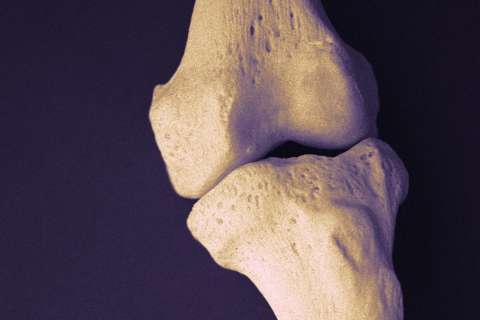Dear Doctor: Does my cholesterol medication increase my risk of cancer?
I assume you’re asking about statins, the most commonly prescribed type of cholesterol-lowering medication. These drugs, which work by lowering cholesterol levels in the bloodstream, are generally regarded as both safe and effective. They’re so effective that widespread statin use, along with a decline in smoking rates and an increase in the use of cardiac stents, have helped decrease the U.S. death rate from heart attacks.
However, some research has suggested that long-term statin use may have unintended negative effects, including an increase in the risk of cancer. This potential connection originated in now-dated studies showing that lower levels of LDL, the so-called “bad” cholesterol, was associated with an increased risk of cancer. The problem with this line of reasoning is that people with lower LDL may have more underlying illnesses that can also increase their risk of cancer. Many older studies did not take that connection into account.
Furthermore, other studies suggesting a link between statins and increased cancer risk looked only at total cholesterol, which also includes HDL, the so-called “good” cholesterol. Lower levels of good cholesterol aren’t affected by statins and could be a separate risk factor for disease. Take, for example, the case of smokers. They generally have lower levels of HDL cholesterol, so their total cholesterol may be lower as well. In short, a lower total cholesterol number could be a red herring when assessing cancer risk.
It’s true that observational studies have shown increased cancer rates among patients taking statins, but these studies were small and not well-controlled. More well-controlled studies point to the possibility of a slight decrease in cancers among people who take statins. One study, published in the New England Journal of Medicine, analyzed data on more than 60,000 people who used statins and found a 15 percent decrease in cancer death rates compared to those who had never used statins.
In fact, many studies are now assessing the potential of statins to be used in therapy against certain types of cancers.
I have had many patients fearful of statins for a variety of reasons, such as worry about muscle pain or a potential increased risk of diabetes or cancer. Their worry may stem in part from a fear of taking a medication every day to prevent problems that don’t currently exist.
That’s understandable, especially when the patients currently feel healthy.
But the fact remains: Statins decrease the risk of heart attacks and don’t appear to increase cancer rates. In summation, if you need a statin, you should take it.
Robert Ashley, MD, is an internist and assistant professor of medicine at the University of California, Los Angeles.
Ask the Doctors is a syndicated column first published by UExpress syndicate.




